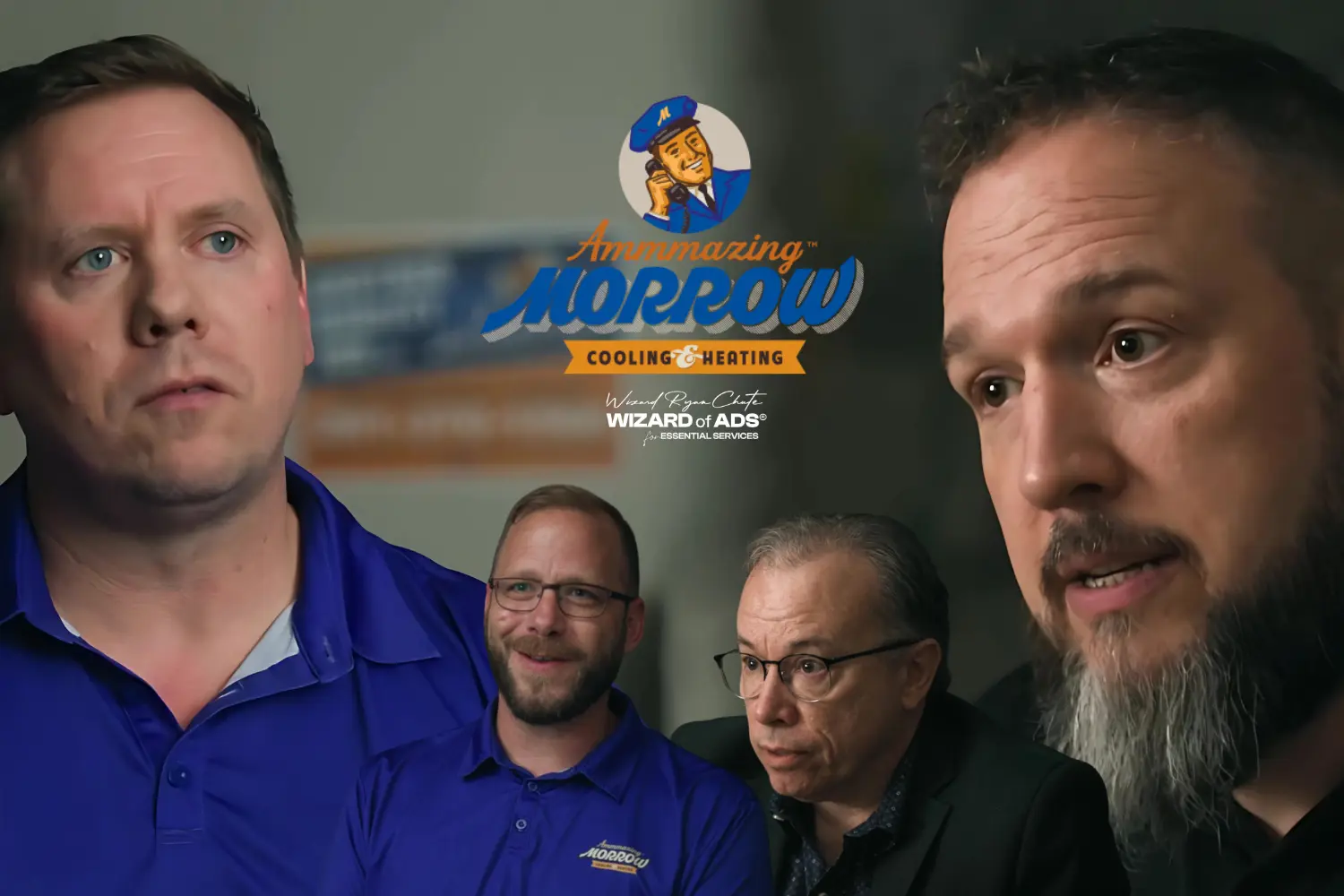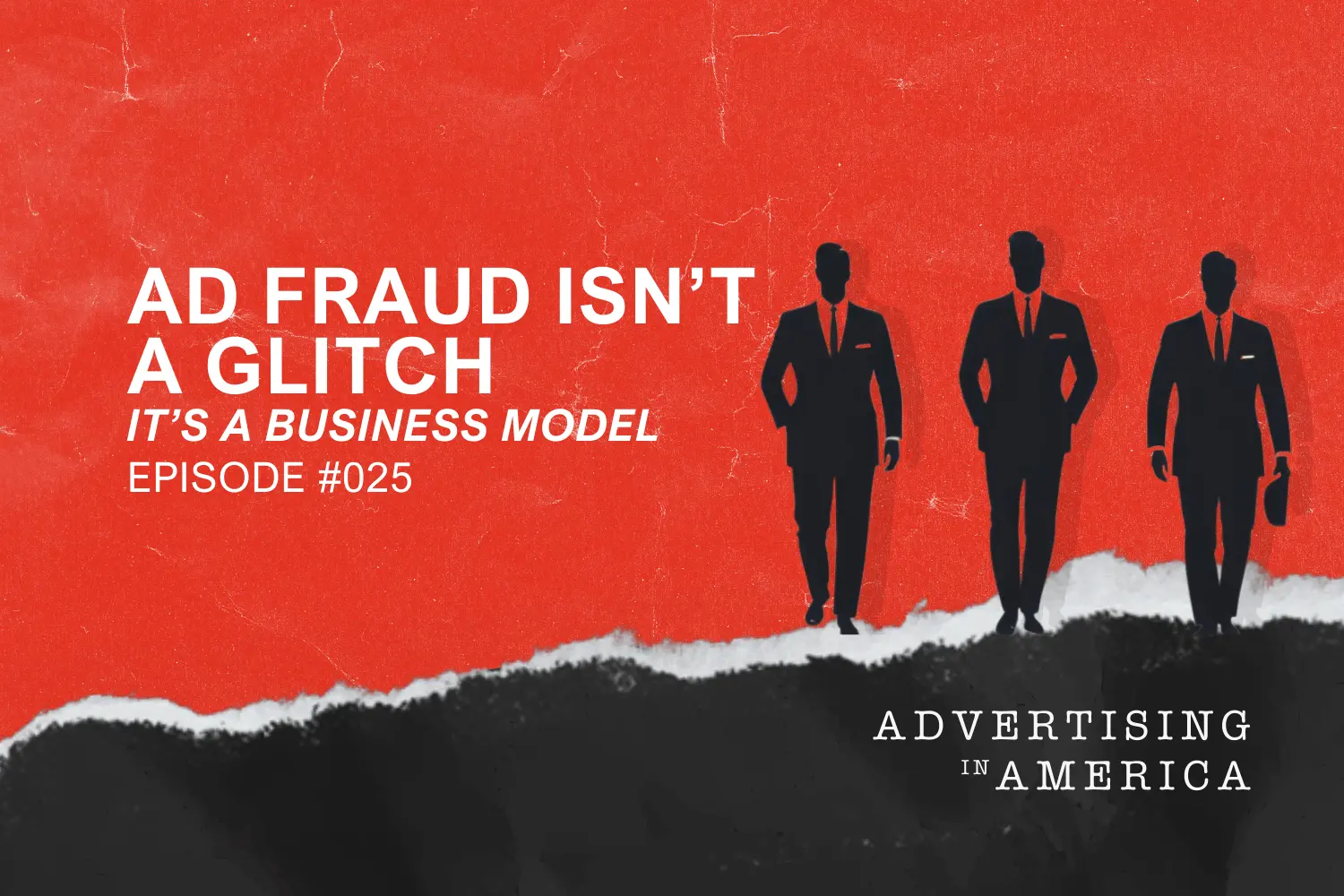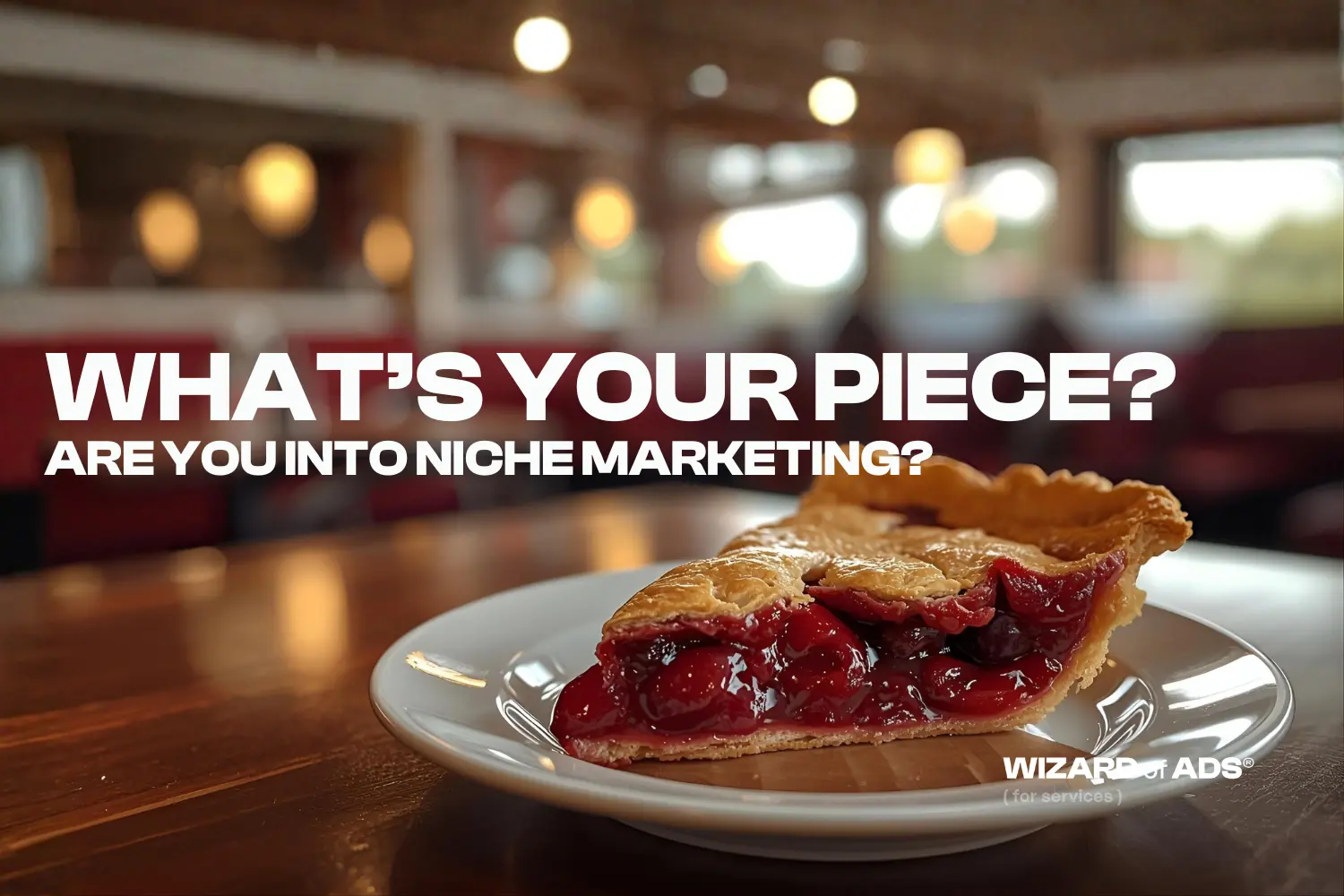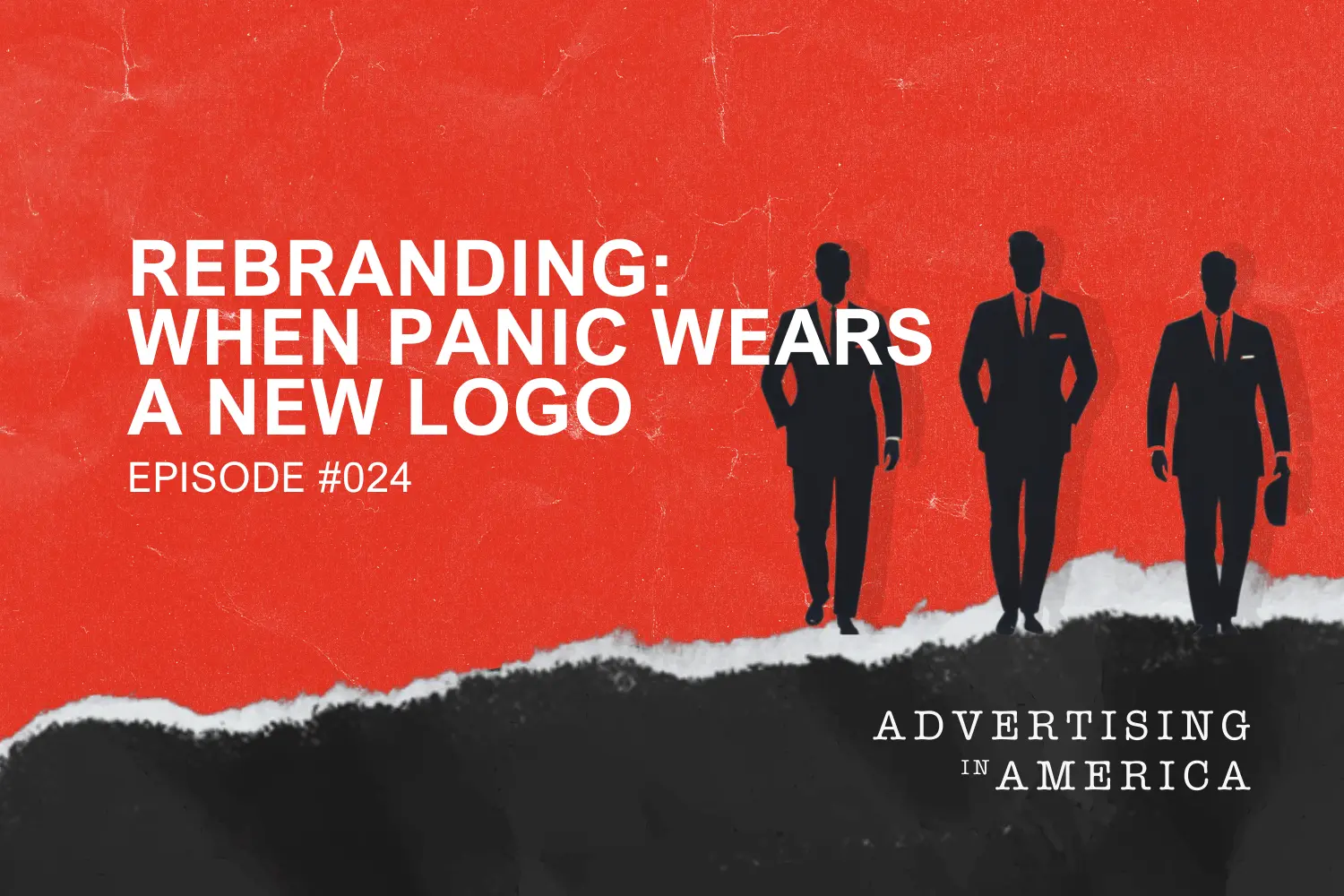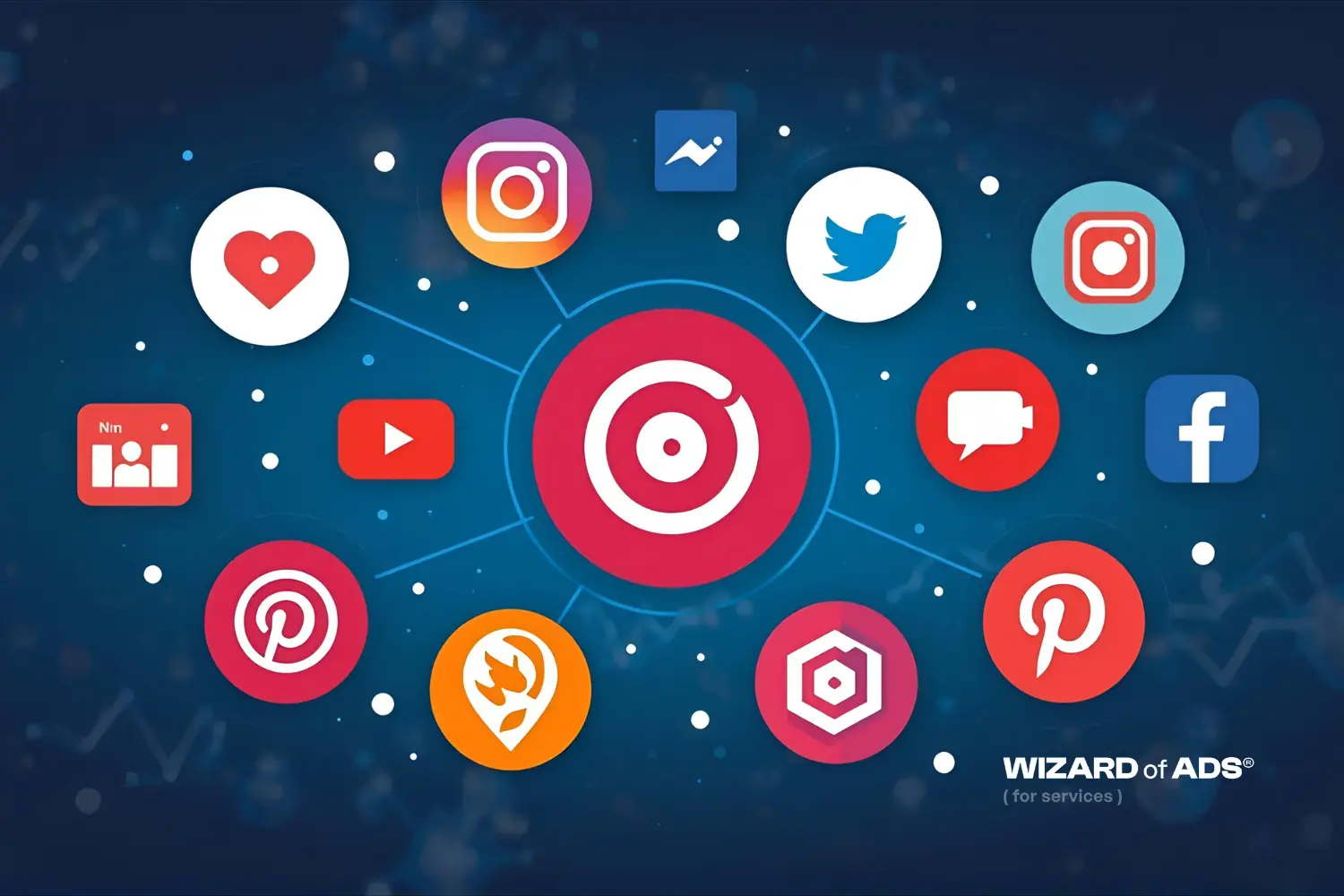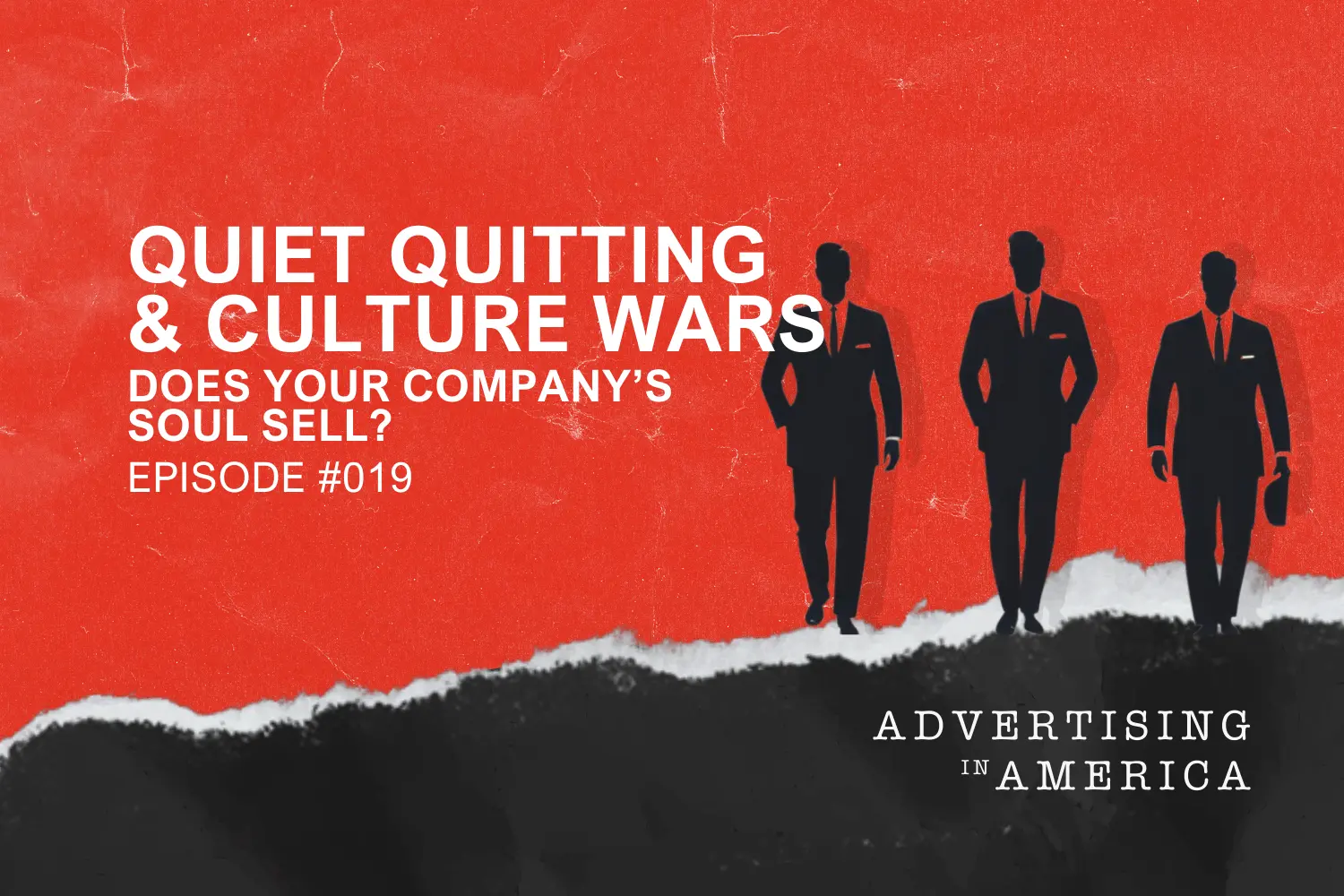
Qualifying Questions have been a popular litmus test to determine whether a prospect is worth working with…or not. Countless businesses engage in qualifying prospects to help weed out those who aren’t ready and willing to buy your solutions. At the end of the process, qualified prospects who survive are deemed worthy to enter the sales funnel.
There’s just one problem: qualifying prospects is utter nonsense.
The reality is clients don’t need to be qualified. It’s the solution provider that needs to be qualified.
Stop making your problem their problem. It’s bad manners.
Why?
The fact is, your customers aren’t the authority on the solutions they need. You are. It’s your job to ask the right questions to determine if and what you might have to solve their problem correctly.
Your business and solutions may not always be the right fit for your customer’s needs. Using qualifying questions will allow you to properly assess a client’s situation and determine the perfect solution for their problems.
One must never use their solutions as the gold standard prior to working with a prospect. It’s always about identifying your client’s specific needs first, and then presenting the right solutions to their needs.
That’s what qualifying questions should be about. In this article, we’ll take a closer look at how qualifying questions work and explore 27 questions to ask prospects.
How Do Qualifying Questions Actually Work?
Sales statistics information reveals that at least 50 percent of your prospective customers are not a good fit for your solution. That’s why many businesses think that qualifying prospects is a good idea to avoid wasting money, effort, and time.
But what this data doesn’t reveal is how well the seller understood their prospects' needs. Time and time again I have listened to sales presentations and wondered if the salesperson was even in the same room when the prospect expressed their desires and needs.
Qualifying a prospect is lazy, entitled, and selfish. Being qualified to offer a solution by really understanding a prospect is key. We all know that the buying process should always revolve around our customer and exceed their return on perceived investment. Their investment is money, energy, time. Once your solution's value exceeds their MET (money, effort, and time), a sale is made.
To this end, qualifying questions should not be used to qualify a customer, but rather, for the seller to become qualified to sell them the right solution.
Think of it this way.
A sales professional asking qualifying questions to customers is like a doctor diagnosing a patient. During the interview, doctors don’t shove their medical achievements, facilities, and expert staff down the patient’s throat.
Instead, they actively listen to the patient and try to understand the sum of their symptoms. Only when they have a complete understanding of the situation will they be able to prescribe the right treatment.
For you, qualifying questions operate with the same intent.
You want to fully comprehend your customer’s situation to properly diagnose their needs. This enables you to prescribe the right solution. Ultimately, when your presentations are tailored specifically to your customers’ needs, you will boost your conversion rate, average sale, and profit in the process.
27 Qualifying Questions to Ask Your Prospect
The thought of all the possible questions you could possibly ask a prospective buyer can feel overwhelming. When I really studied all these questions, they ultimately fell into three essential categories.
- The prospect's needs that make them feel right about the purchase.
- The environment that the solution is exposed to.
- The solution needs to be the most fitting option, perceptually and literally.
Well conceived, open-ended questions help you gather intelligence to determine the best solution and if your business is the right fit for your prospects.
Contrary to popular opinion, there are stupid questions. These are the ones that neither propel the conversation forward or set you up for a successful closing sequence.
Furthermore, pay attention to the tone you set. Use your playful voice and your reassuring late-night FM DJ voice. Your vibe will directly affect the responses you receive.
This is why you build a deck of solid qualifying questions that uncover the 3 essential needs.
27 Qualifying Questions
Prospect’s Needs
1. Would I be crazy to think you want this fixed right the first time?
“No” oriented questions allow the customer to feel in control and state their truest desires. Everyone is transactional until you make it relational. This is done with tactical empathy and confident competence.
2. Who has been servicing your needs up to now?
Finding out if you're the fool or the favor helps you figure out how to win their favor. Rule of thumb: if they are a new customer and have used the same provider more than once, you’re in the role of the fool. Figure out what’s changed.
3. When home repairs like this come up, how do you tend to fund them?
While clearly not a question to ask early on, this is a great way to open up a conversation about finance options, minimizing the cost, and saving money. It’s a portal to a deeper, more empathetic, more competent solution. It’s never about you making money. It’s always about how you save them money, stress, and time both during and after the problem is resolved.
4. Have you had any bad experiences with contractors before?
Knowing what not to do is arguably more valuable than knowing what to do. Most people are guided by good manners and a servant's heart. Recognizing things that trigger a negative feeling allows you to show up in the best way.
5. What matters most to you, the cheapest solution, or the lowest overall cost solution?
The cheapest solution is most often not the lowest cost solution. Most customers don’t want the best solution, they want a slightly better solution than what they have now. If it is broken, they want it fixed. If it can’t be fixed, they want a new one that gives them the most value for their money, efforts, and time, both during the sale and after.
6. Would you rather have the same thing as you have now or an upgrade?
This is a simple to answer either/or question that clarifies where the buyer’s mind is at the moment. You’re setting yourself up to share options by planting a seed that you offer choices, not ultimatums.
7. When were you hoping to have this problem solved?
The short answer will naturally be, “It depends.” This question holds some tension in it, but you want to understand how much urgency the prospect has to make this problem go away. You can decide how to most appropriately raise consequences in your closing sequence.
8. Would I be off base to think you’re probably anticipating some problems arising?
When you gently tug out and preemptively address objections before they become a roadblock, you make closing so much easier. This shows up as empathy, and allows you to show your competence, which are the 2 key ingredients to trust. PRO TIP: After you’ve asked the question, go silent and allow the prospect to speak.
9. Would I be silly to think that there are 2 decision-makers for something this important?
Using “no” oriented questions allows you to protect your prospects' dignity with a sense of control. They will be certain to correct you if they are the only decision-maker, but almost always they will reveal they have a built-in stalling mechanism in place to avoid quick commitments. Knowing this allows you to set up your closing sequence for a higher chance of first-sit conversions.
%20.png)
Environment‘s Needs
10. When did you notice the change?
Knowing when things changed, internally and externally, is helpful in coming up with an accurate diagnosis. Things don’t break in a vacuum. You also learn how urgent the issue is to them. If they’ve been putting it off, I’d be curious what hasn’t felt right to have them act.
11. What are some of the ways you tried to make it work again?
You learn a lot about a person’s understanding of the problem by what they attempted to do before calling you. From nothing to something, you gather helpful intelligence. In some cases, the equipment is exposed to tinkering, while in others, the solution has been sitting there uncared for.
12. When was the last time it was given scheduled maintenance?
Having a homeowner verbalize their duty of care gives you a good indication of what you’re facing. Most people want their home’s major systems to silently work and remain invisible. That means they often forget about it. This gives you an opportunity to sell them the convenience of annual preventative maintenance.
13. Would I be out of line to advise you if I find something concerning?
Asked in a nonconfrontational, “no” oriented question, you can elicit a lot of helpful information from the environment their home’s systems survive or thrive in. The environment includes both what a system is exposed to and how the systems are cared for.
14. Are any of your spaces uncomfortable? Do you have all the hot water you need?
By speaking about how the prospect's environment feels, you are exploring the environment from the opposite direction. This shows both empathy and competence, which has them feeling right about you solving any problems you may identify.
15. Might it be crazy to think you invited us here today because you’re not completely happy with how your system is operating?
This ”no” oriented question gives your prospect a safe way to reveal anything that they have on their mind. People can be hesitant to show their cards, and if you were to ask the same question, soliciting a “yes” response, they will be more guarded as they fear you trying to make a sale.
16. Does this room/equipment get exposed to any extreme conditions?
Are there abnormal conditions that could be affecting the existing solutions or new solutions? Heat, cold, old wiring, wind, large windows, low water quality, etc., all have the ability to affect performance. If the prospect recognizes it as an issue, it is an indication that they are open to accepting specific performance or finding solutions.
17. Do you want to fix it or risk it if I find something is broke?
While you’re not trying to find problems, very often there are small problems that can be fixed to avoid an impending catastrophic failure. This question plants a seed of doubt and indirectly asks permission to share your concerns if any arise. It’s an empathetic way to broach an uncomfortable conversation about a grudge purchase.
18. When’s the last time you gave your system a deep cleaning?
Ever go into a teenager’s bedroom and nearly die from the smell, twist an ankle, and hear a rustling noise as you run out in terror? A lot of homes are like this for residential systems and equipment. Every once in a while, it’s essential to give everything a proper clean.
%20.png)
Solution’s Needs
19. Has the equipment been keeping up with your comfort?
Knowing how people perceive their equipment performance will give you insight into two things. One, their level of interest in their equipment, and two, how they feel the equipment is serving their needs.
20. Does your equipment do…or not do something you want?
If there is a gap, they’ll share it with you. If there is something unpleasant happening, they’ll tell you. Not surprisingly, they will never offer up what they don’t know to offer up. So, stay curious. Do you have a lot of dust in the house? Do your tub, toilet, or taps have stains? Do your lights ever flicker?
21. Would it be uncommon for you to have a power bill over $500 a month these days?
Framing this question to a “no” oriented response empowers the prospect to respond effortlessly. Removing friction from an odd, mildly intrusive question allows you to get past the first roadblocks of a more open conversation about how you could improve their situation with more efficient solutions.
22. Does your equipment ever make any funny noises?
Funny noises are a good indicator of potential problems. The term “funny noises” leaves space for family-friendly humor, too. Keep your word choices simple and relatable. Don’t be afraid to even mimic a few of those potential funny noises to drive home your point with a bit of a chuckle.
23. Did you pick out the equipment, or did you inherit it with the home?
Asking a prospect how old their equipment is will expose you as a slick Willy sales guy. Asking them if they bought it or inherited it is a subtle way to learn more about the relationship they have with the equipment.
24. Anything you want me to pay particularly close attention to today?
Your client called you for a reason. Give them their voice so they may guide you. This shows empathy and respect for their input and opinions. It also presents you as more competent, having given them the time to feel heard and understood.
25. Where do you keep your filters?
People who know where the filters are typically care for their equipment. For those who have no idea or don’t have filters on hand, have a lower duty of care for their equipment. One prospect likes having you help care for their equipment, and the other desperately needs you there to care for their equipment.
26. Do you notice any weird smells coming from your equipment?
Smells are a sign something’s wrong with your household equipment. They are intrusive. They give your home a stigma, mentally and emotionally. And you are your client’s problem solver. Their painkiller. Their odor eater-upper.
27. Would I be crazy to think we could fix it today instead of replacing it?
In the greedy world of short-term sales quotas and revenue maximization, all to please a bunch of soulless shareholders that don’t even live in the same state, the privately-owned, hometown contractor that wants to be appreciated at church on Sunday, their kids' football game on Friday night, and the grocery store on Wednesday. Replacement sales will happen when they need to.
Finding ways to save a customer money (at the right price to be profitable) represents your brand far more than closing that big deal and leaving a trail of disappointment.
Revenue is vanity. Profit is sanity.
%20.png)
The Rest of the Diagnosis
Not all questions are for your client. Much of the questions you need to have satisfied come from cleaning and inspecting the equipment and the environment it is in. Make it a good practice to NOT ask questions that the environment and equipment can answer for you better. This will show your competence.
A prognosis without diagnosis is malpractice.
Once the doctor gathered all the anecdotal information, they would set about running tests. Your job is no different, even if the diagnosis is to replace the old unit.
Why? Because what if? What if the system could be fixed? What if it was something simple? What if the ethical sale is a repair?
Would a doctor amputate a leg if he could stop the infection? No. Neither should you.
Be thorough. Be satisfied that you turned over all the stones. Serve the buyer at the highest level, and they’ll demand that you come back, again and again.
Did You Notice?
Not a single question started with the word why.
Most of the questions we have are why questions. It instantly exposes intent. There’s just one problem. It’s TOO forward. It feels cunning. It FEELS intrusive. Almost adversarial. Certainly salesy.
The good news? Any “why” question can be asked in a different way to get a response. Often a better response, because you’ve not set off their spidey-senses.
When you embrace the truth about serving others at the highest level, you operate within the two core elements of truth — empathy and competence.
And that means choosing your words with intention.
Even the smallest changes will garner dramatically better results.
Remember, in a transactional category, the only differentiator you have is how you make people feel.
Good Selling.
Interested in asking Wizard Ryan Chute the questions you want the answers to, contact us today!

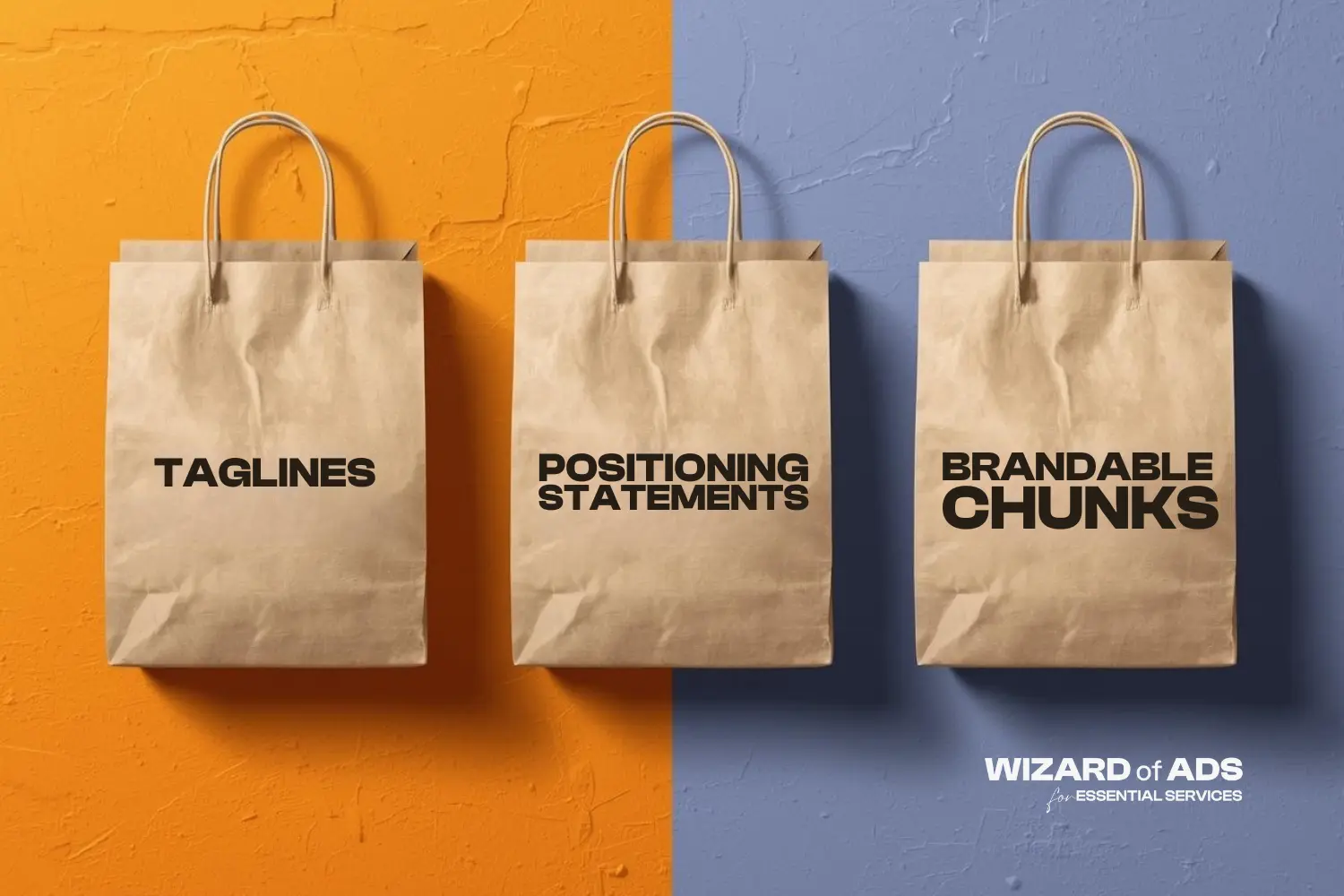
.webp)
.webp)


.webp)
.webp)
